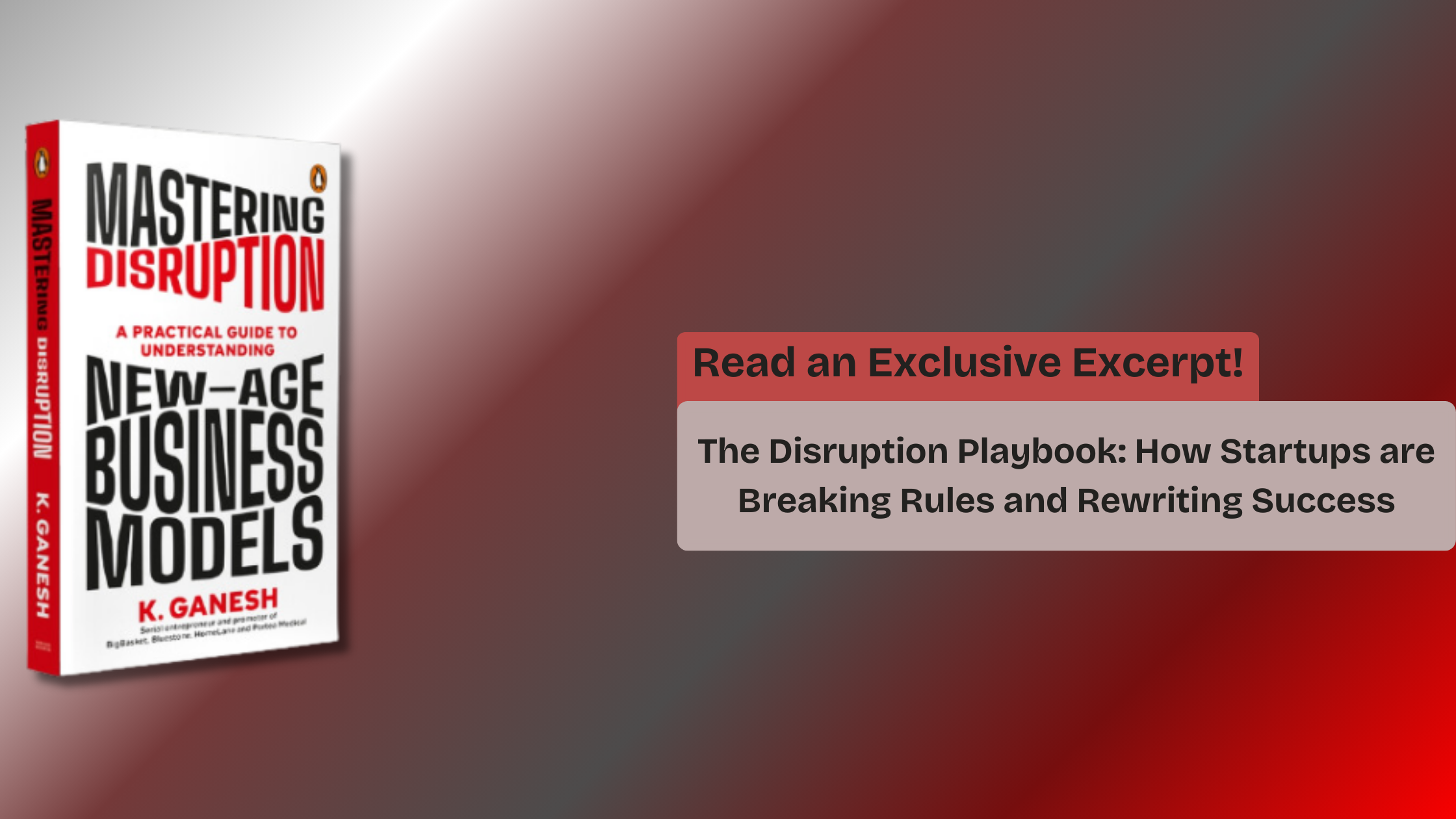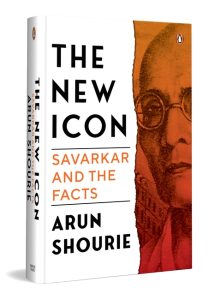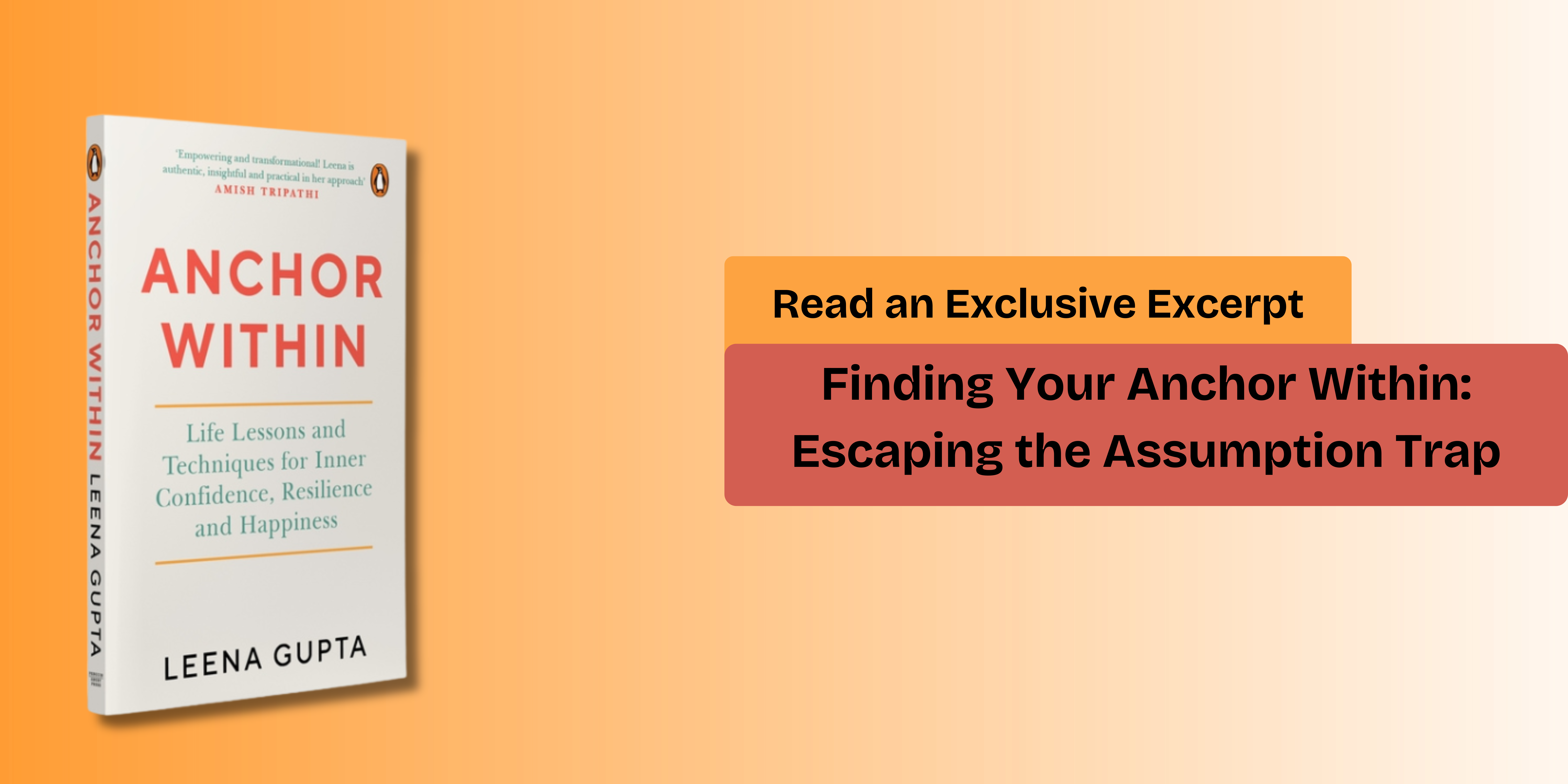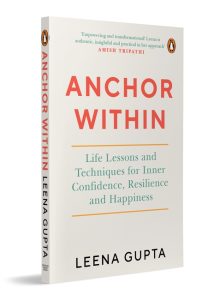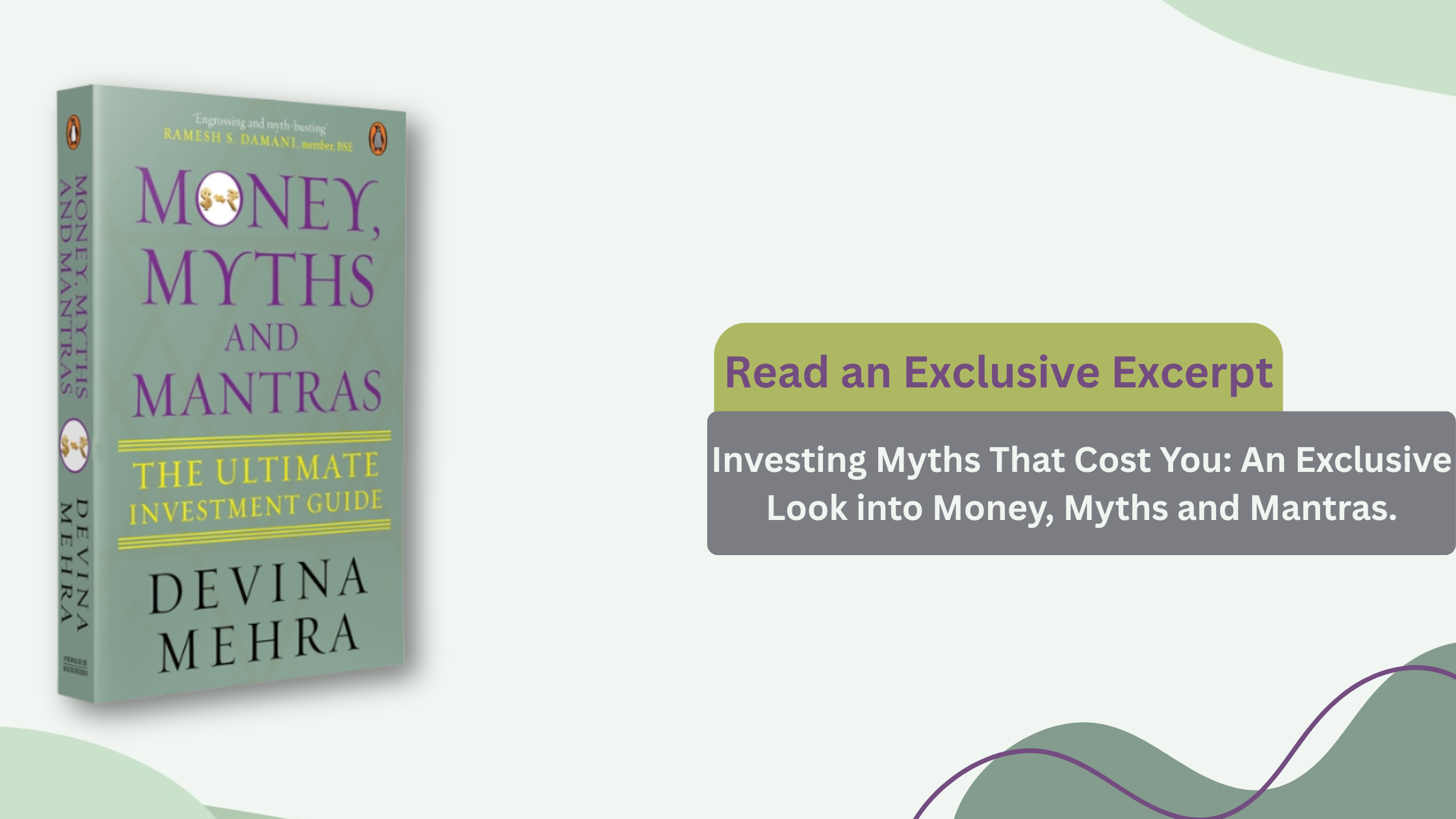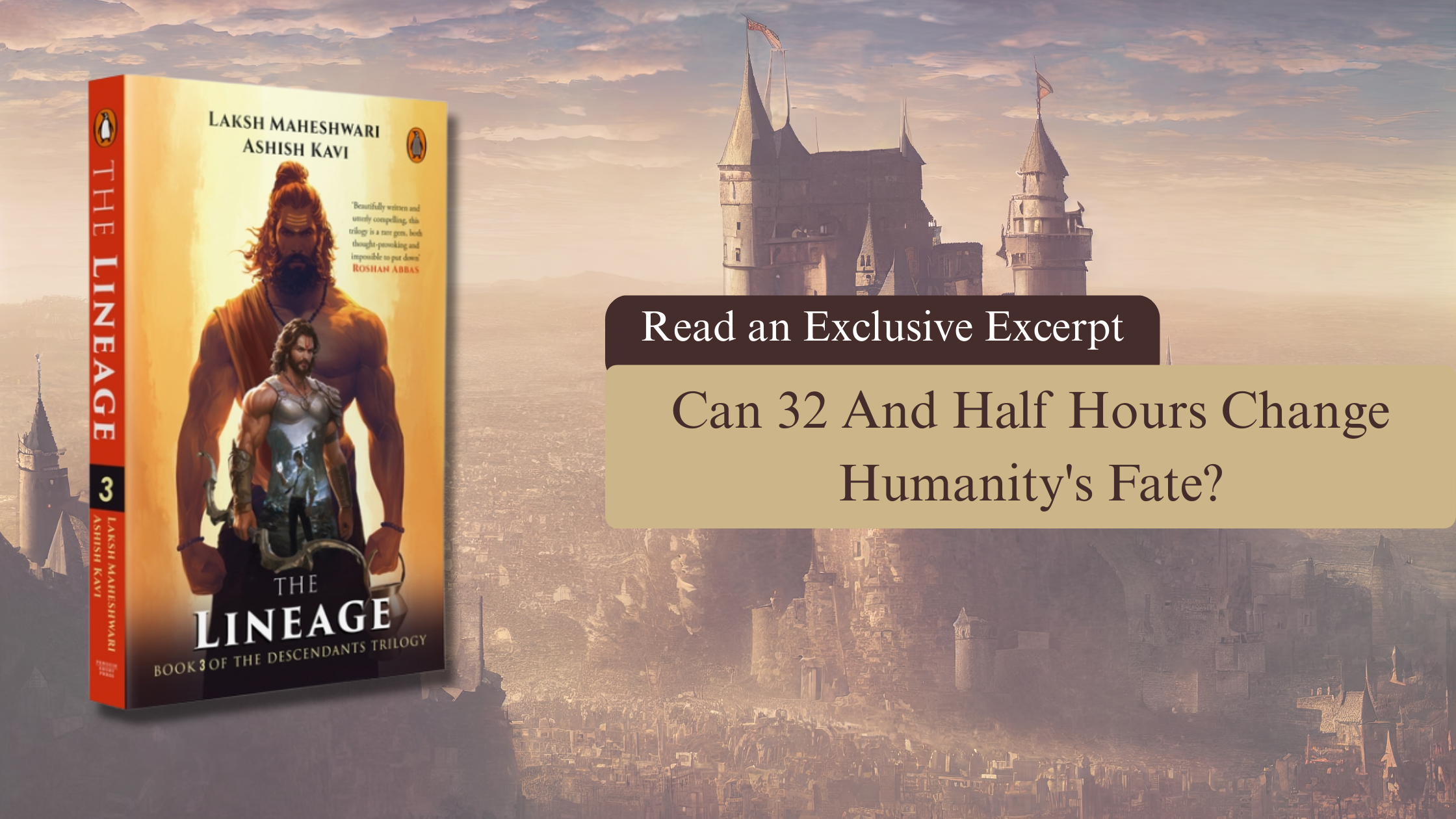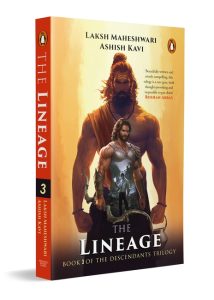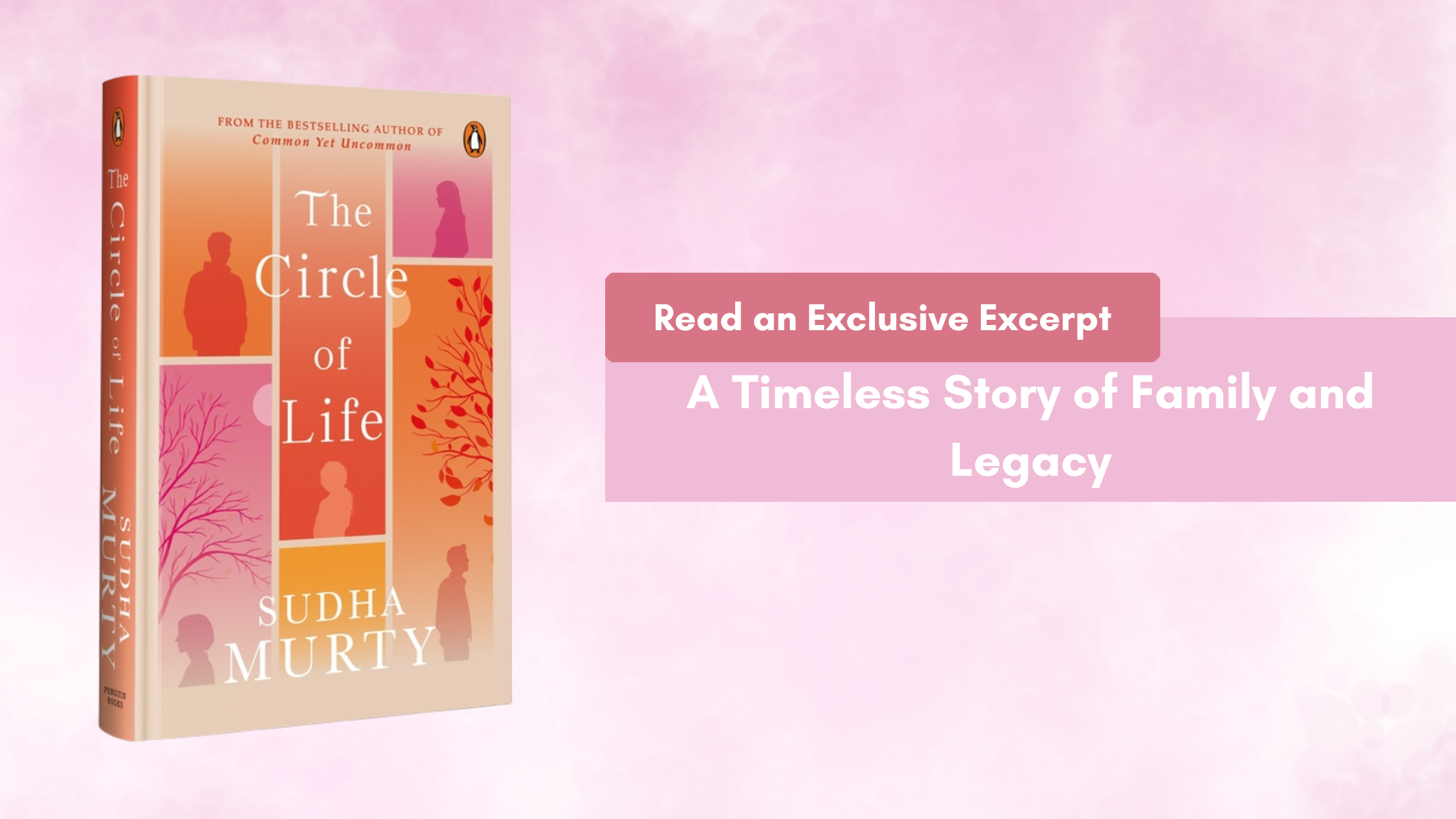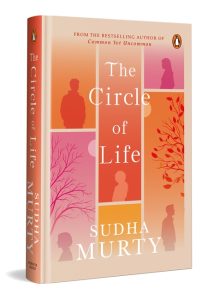Read an exclusive excerpt on how startups are breaking rules and rewriting success!
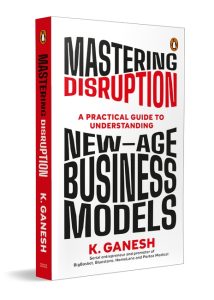
As per popular legend, in 1997, Reed Hastings, a software entrepreneur, was fined $40 at his local video store for returning the DVD of the movie Apollo 13 late. This unpleasant experience got him thinking: there has to be a better business model for video rentals. He started Netflix, a DVD-by-mail service with no late fees, which was later transformed into a subscription-based online streaming service. Today, Netflix is a global behemoth in the entertainment industry, all thanks to a business model that was born out of a sense of personal frustration. In India, a man named Arunachalam Muruganantham embarked on a mission to produce affordable sanitary pads for the women in his village. His business model was built around empowering rural women, not just by providing access to affordable sanitary products but also by offering them an opportunity to earn a living. His company, Jayaashree Industries, supplied semi-automatic machines to women-led self-help groups who produced and sold the pads, turning a societal challenge into an entrepreneurial opportunity. This model has been hailed as a breakthrough in socially conscious business innovation.
At the dawn of the twentieth century, the Ford Motor Company revolutionized the automobile industry not just through the invention of the assembly line but also through an innovative business model. Henry Ford’s vision of making a car for the great multitude required a drastic reduction in prices, which led to the development of a business model based on cost efficiencies and economies of scale. This story serves as a classic example of how business model innovation can drive growth and disrupt industries. All these examples show that business models are not static; they are dynamic and change with time. They are not set in stone; they need to evolve with changing market conditions and customer needs. Did you know that each year, more than half of the Fortune 500 companies have to innovate their business models to stay on the list? A business model that worked in the past might not be successful in the future, and companies that fail to innovate their business models risk being left behind.
Business Model
So, what is a business model? In simple terms, it is a conceptual structure that supports the viability of a business and explains how it operates and makes money, and how it intends to achieve its goals. More importantly, a business model encapsulates the value proposition for customers—that unique cocktail of products, services and experiences that make a business stand out from the crowd. Imagine walking into a bustling marketplace filled with vendors, each trying to outshine the others, vying for your attention and your hard-earned money. Their strategies for enticing you differ significantly—one offers a subscription for a basket of fresh produce every week, another entices you with a bundle of complementary products at a discounted rate, a third proposes a franchise model to help you set up your own thriving business, and yet another offers the convenience of on-demand service, where you get what you want, when you want it. All of these are business models in action, strategically designed to create, deliver and capture value.
An Examination of Traditional
Business Models
We begin our exploration of business models by examining the conventional, time-honoured structures that have enabled businesses to create and capture value throughout history. Each model has its own distinctive strengths, weaknesses and unique elements, which need to be grasped for achieving business success. It’s worth noting that these models are not mutually exclusive and can often be interwoven and amalgamated.
Manufacturer Business Model:
This model involves the creation of products from raw materials or component parts by a company. The products can be sold directly to consumers, or through an intermediary. Example: Tata Motors exemplifies this model, designing and manufacturing an array of vehicles sold via their dealer network. Ford Motor Company represents this model on a global scale, selling its extensive range of vehicles through worldwide distribution channels.
Strengths and weaknesses: The manufacturing model offers control over production, quality and pricing. Higher volumes can lead to economies of scale, reducing costs and increasing profitability. However, high initial costs, continuous maintenance expenses and potential supply chain complexities can be challenges. The ability to change the established infrastructure to match evolving market dynamics and consumer preferences can also be a hurdle.







